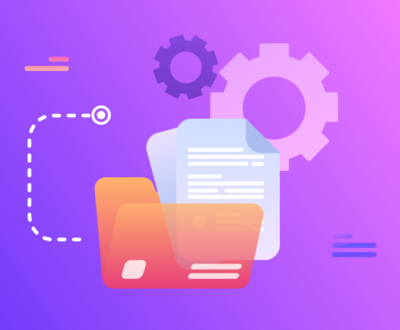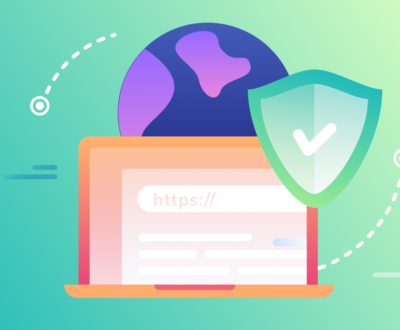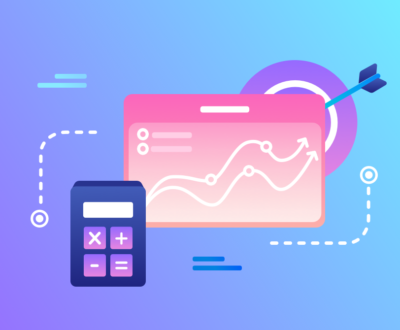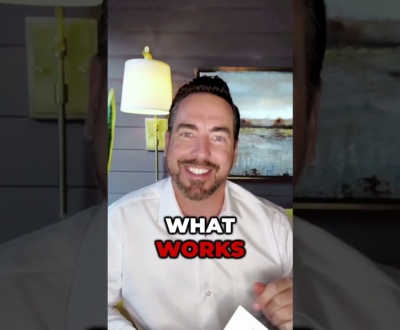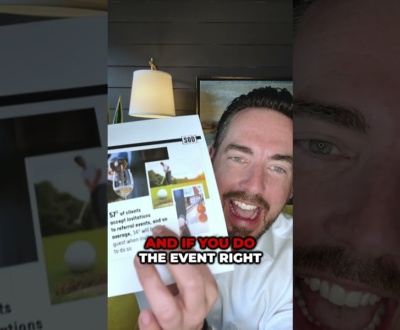Using Failures, Movement & Balance to Learn Faster | Huberman Lab Podcast #7
- February 15, 2021
- FREE VIDEO
In this episode, I discuss how we can use specific types of behavior to change our brain, both for sake of learning the movements themselves and for allowing us to learn non-movement-based information as well. I describe the key role that errors play in triggering our brains to change and how the vestibular (balance) system can activate and amplify neuroplasticity. As always, I cover science, and science-based practical tools. Thank you in advance for your questions and for your interest in science!
#HubermanLab
Thank you to our sponsors:
Headspace – http://headspace.com/specialoffer
Athletic Greens – http://athleticgreens.com/huberman
Madefor – https://getmadefor.com/ — code: Huberman
Supplements from Thorne:
http://www.thorne.com/u/huberman
Social & Website
Instagram: https://www.instagram.com/hubermanlab
Twitter: https://twitter.com/hubermanlab
Facebook: https://www.facebook.com/hubermanlab
TikTok: https://www.tiktok.com/@hubermanlab
LinkedIn: https://www.linkedin.com/in/andrew-huberman
Website: https://hubermanlab.com
Newsletter: https://hubermanlab.com/neural-network
Timestamps below.
00:00 Introduction
06:20 Nerves and Muscles
12:00 Exercise alone won’t change your brain
12:58 Behavior will change your brain
13:30 Remembering the wrong things
15:00 Behavior as the gate to plasticity
15:45 Types of Plasticity
17:32 Errors Not Flow Trigger Plasticity
21:30 Mechanisms of Plasticity
22:30 What to learn when you are young
23:50 Alignment of your brain maps: neuron sandwiches
26:00 Wearing Prisms On Your Face
29:10 The KEY Trigger Plasticity
32:20 Frustration Is the Feeling to Follow (Further into Learning)
33:10 Incremental Learning
35:30 Huberman Free Throws
38:50 Failure Specificity Triggers Specific Plastic Changes
40:20 Triggering Rapid, Massive Plasticity Made Possible
43:25 Addiction
45:25 An Example of Ultradian-Incremental Learning
49:42 Bad Events
51:55 Surprise!
52:00 Making Dopamine Work For You (Not The Other Way Around)
53:20 HOW to release dopamine
55:00 (Mental) Performance Enhancing Drugs
56:00 Timing Your Learning
57:36 (Chem)Trails of Neuroplasticity
58:57 The Three Key Levers To Accelerate Plasticity
59:15 Limbic Friction: Finding Clear, Calm and Focused
1:04:25 The First Question To Ask Yourself Before Learning
1:05:00 Balance
1:07:45 Cerebellum
1:10:00 Flow States Are Not The Path To Learning
1:11:18 Novelty and Instability Are Key
1:14:55 How to Arrive At Learning
1:15:45 The Other Reason Kids Learn Faster Than Adults
1:19:25 Learning French and Other Things Faster
1:22:00 Yoga versus Science
1:24:15 Closing Remarks
Please note that The Huberman Lab Podcast is distinct from Dr. Huberman’s teaching and research roles at Stanford University School of Medicine. The information provided in this show is not medical advice, nor should it be taken or applied as a replacement for medical advice. The Huberman Lab Podcast, its employees, guests and affiliates assume no liability for the application of the information discussed.
[Title Card Photo Credit: Mike Blabac https://www.blabacphoto.com/%5D
About this blog
We are a digital marketing company with a focus on helping our customers achieve great results across several key areas.
Request a free quote
We offer professional SEO services that help websites increase their organic search score drastically in order to compete for the highest rankings even when it comes to highly competitive keywords.
Subscribe to our newsletter!
More from our blog
See all postsRecent Posts
- Steal My Strategy | Igniting a Culture of Speaking Up with Stephen “Shed” Shedletzky April 19, 2024
- SEO for Financial Advisors: Double Your Traffic April 8, 2024
- How Financial Advisors Can Dominate Social Media April 3, 2024

